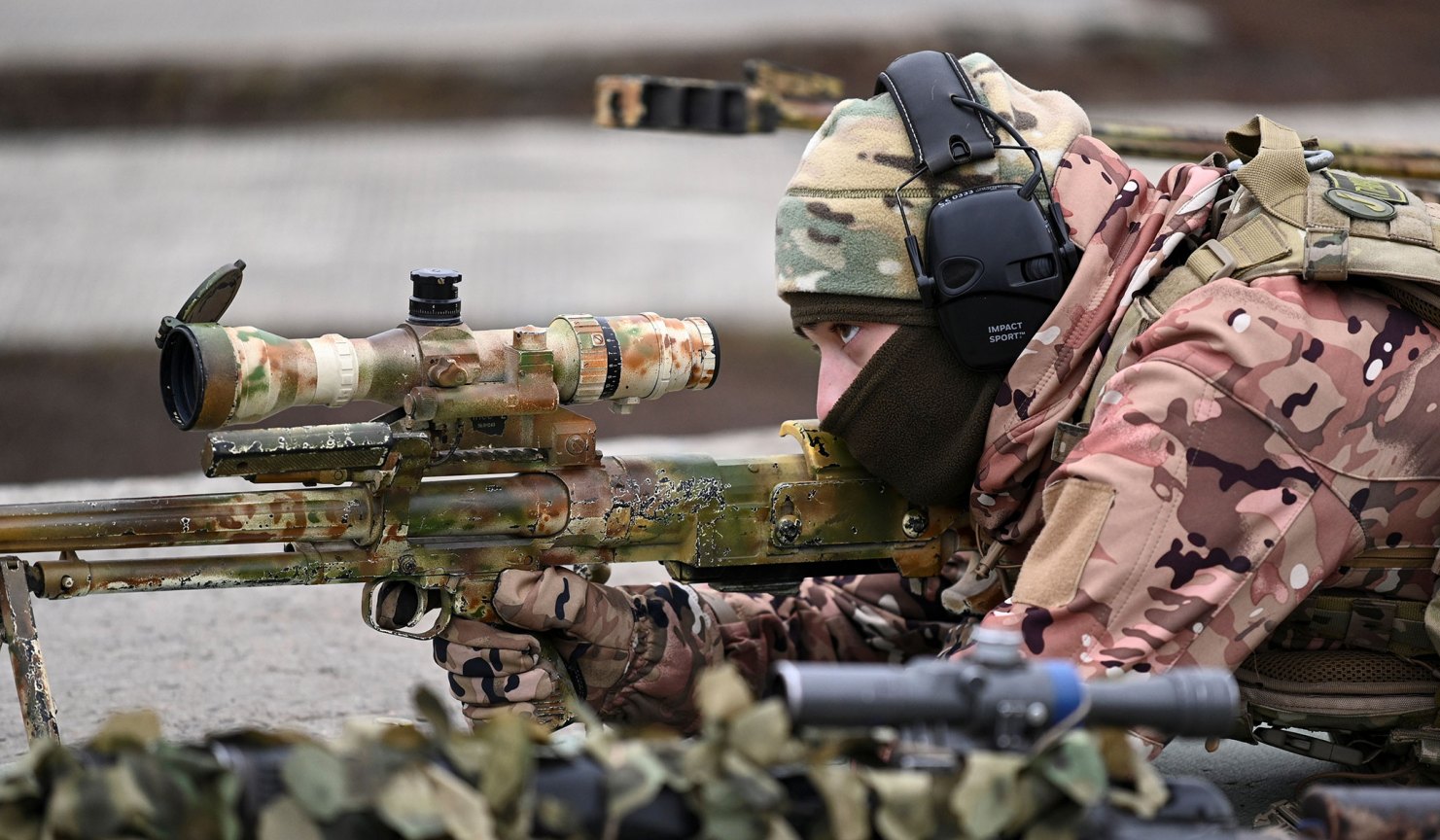
US Supreme Court mulls legality of domestic-violence gun curbs
PHOTO CAPTION: Representational photo of a Glock 17 handgun by Roman Poberezhnik via Unsplash
By Andrew Chung and John Kruzel
WASHINGTON (Reuters) -The U.S. Supreme Court on Tuesday was hearing arguments on the legality of a federal law that makes it a crime for people under domestic violence restraining orders to have guns in the latest major case to test the willingness of its conservative majority to further expand gun rights.
The justices heard an appeal by President Joe Biden's administration of a lower court's ruling striking down the law - intended to protect victims of domestic abuse - as a violation of the U.S. Constitution's Second Amendment right to "keep and bear arms."
The New Orleans-based 5th U.S. Circuit Court of Appeals concluded that the measure failed a stringent test set by the Supreme Court in a 2022 ruling that required gun laws to be "consistent with the nation's historical tradition of firearm regulation" in order to survive a Second Amendment challenge.
Some of the conservative justices questioned Solicitor General Elizabeth Prelogar, defending the law on behalf of the Biden administration, and expressed skepticism about her argument that the Second Amendment permits laws that prohibit people who are not law abiding and responsible from possessing firearms, including domestic abusers.
Conservative Chief Justice John Roberts focused on the word "responsible," suggesting that it was too broad.
"I mean, not taking your recycling to the curb on Thursdays, if it's a serious problem it's irresponsible," Roberts said, adding that "what seems irresponsible to some people might seem like, well, it's not a big deal to others." He also cited examples of a person who gets in a fist fight at a sports event or drives a small amount over the speed limit.
Prelogar told the justices that the law fits within the nation's tradition of taking guns from people deemed dangerous.
"Throughout our nation's history, legislatures have disarmed those who have committed serious criminal conduct or whose access to guns poses a danger. For example, loyalists, rebels, minors, individuals with mental illness, felons and drug addicts," Prelogar said.
Outside the court, about 250 people attended a rally organized by gun safety and domestic violence prevention groups, urging the justices to overturn the 5th Circuit ruling. They carried signs reading "Gun Laws Save Lives," "Protect Survivors," and "No Guns for DV (domestic violence) Abusers."
The case involves Zackey Rahimi, a Texas man who pleaded guilty to illegally possessing guns in violation of the law at issue on Tuesday while he was subject to a restraining order for assaulting his girlfriend in a parking lot and later threatening to shoot her. Police found the guns while searching his residence in connection with at least five shootings.
Advocacy groups have warned of the grave danger posed by armed abusers, citing studies that show that the presence of guns increases the chances that an abused intimate partner will die.
Prelogar made the point as well and also told the justices, "Armed abusers also pose great danger to police officers responding to domestic violence calls and to the public at large - as Zackey Rahimi's own conduct shows."
"To address that acute threat, Congress and 48 states and territories temporarily disarm individuals subject to domestic violence protective orders," Prelogar added.
In a nation bitterly divided over how to address firearms violence including frequent mass shootings, the court's 6-3 conservative majority has taken an expansive view of the Second Amendment and has broadened gun rights in three landmark rulings since 2008.
Its 2022 ruling in a case called New York State Rifle and Pistol Association v. Bruen recognized a constitutional right to carry a handgun in public for self defense, striking down a New York state law.
Violating the law initially was punishable by up to 10 years in prison but has since been raised to 15 years.
A federal judge rejected Rahimi's Second Amendment challenge and sentenced him to more than six years in prison. The 5th Circuit in February set aside Rahimi's conviction, concluding that although he was "hardly a model citizen," the law at issue was an "outlier" that could not stand under the new standard the justices announced in Bruen.
Supporters of Rahimi have argued that judges too easily issue restraining orders in an unfair process that results in the deprivation of the constitutional gun rights of accused abusers.
A ruling is expected by the end of June.
(Reporting by Andrew Chung; Editing by Will Dunham)









